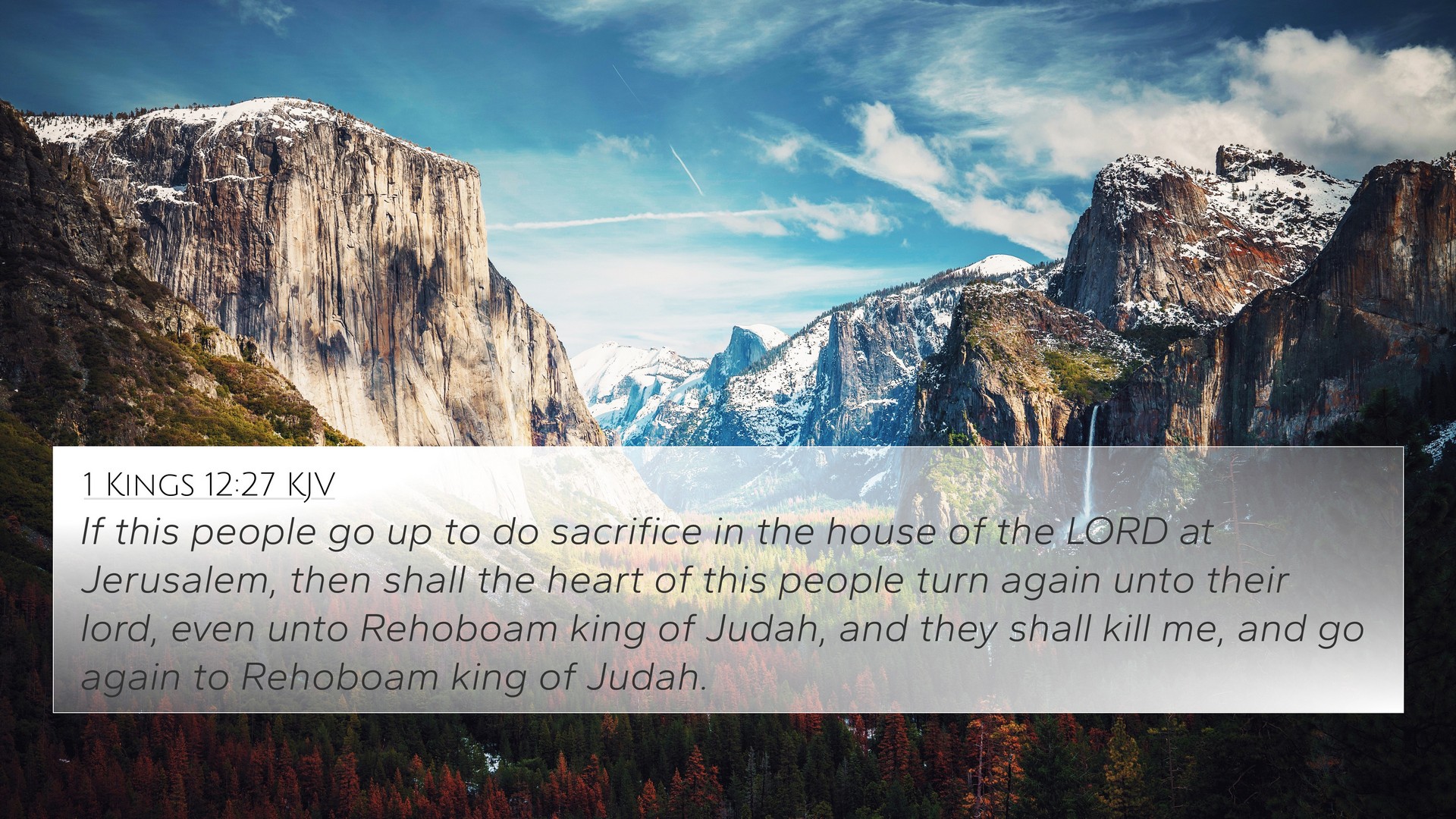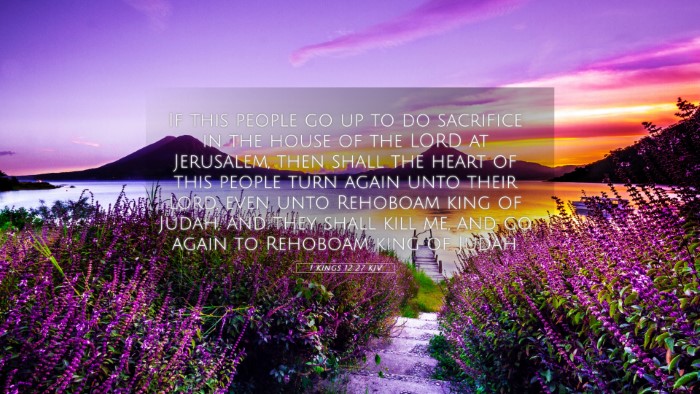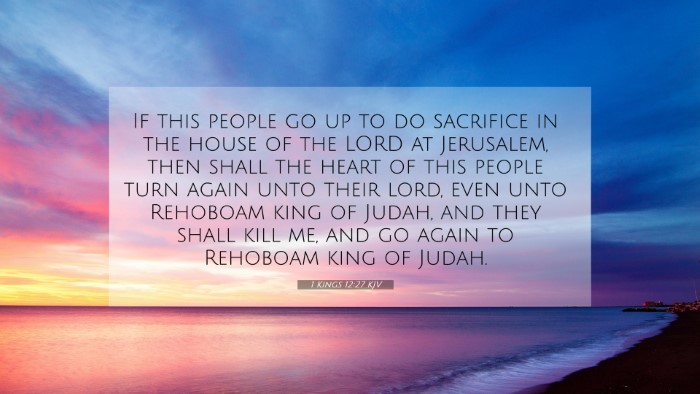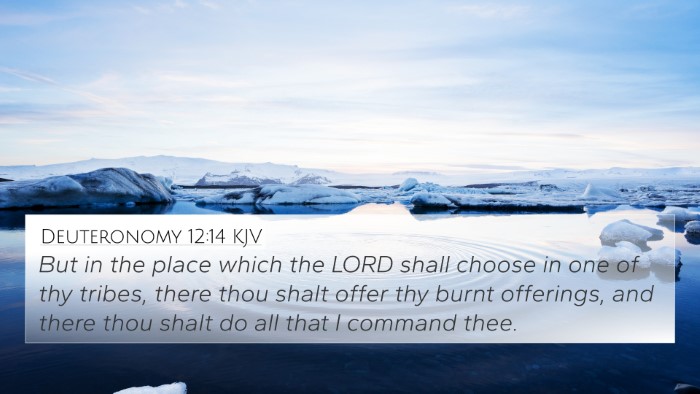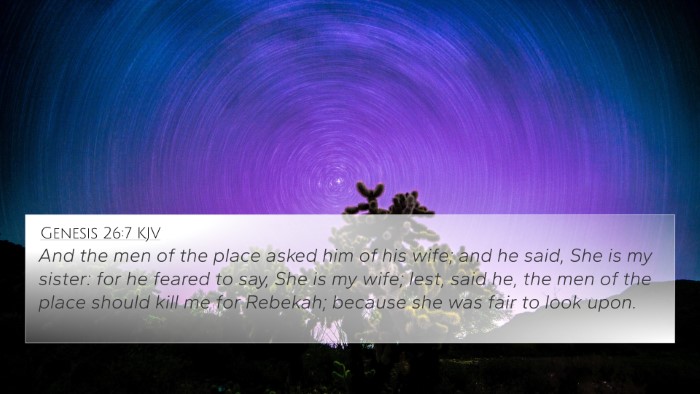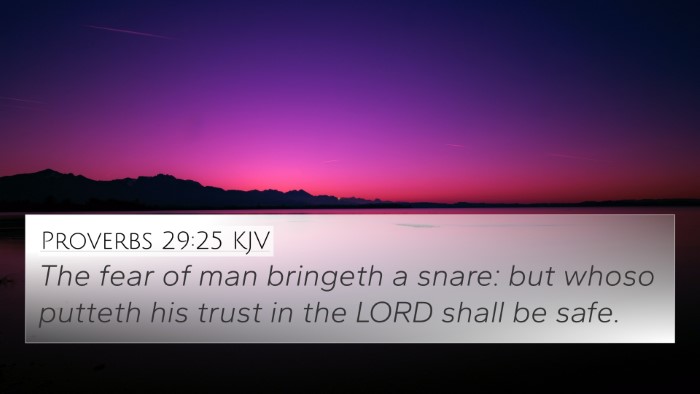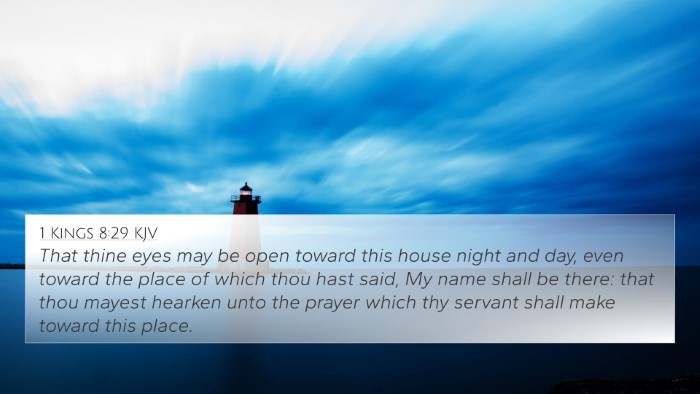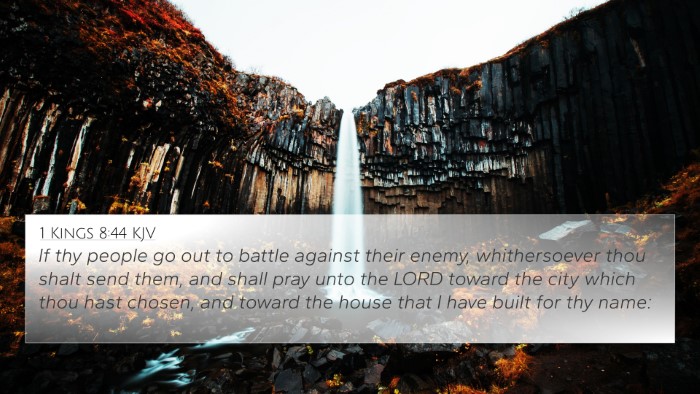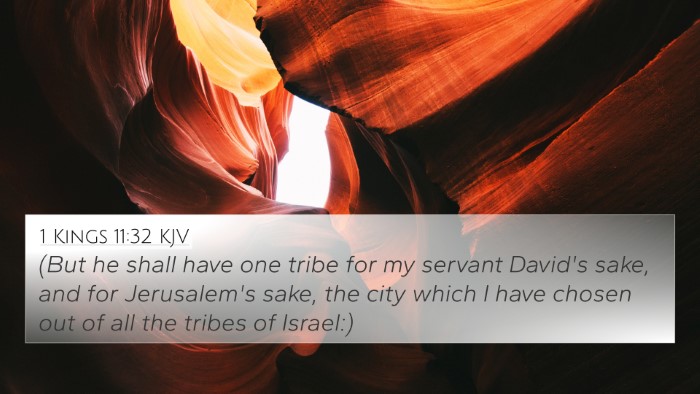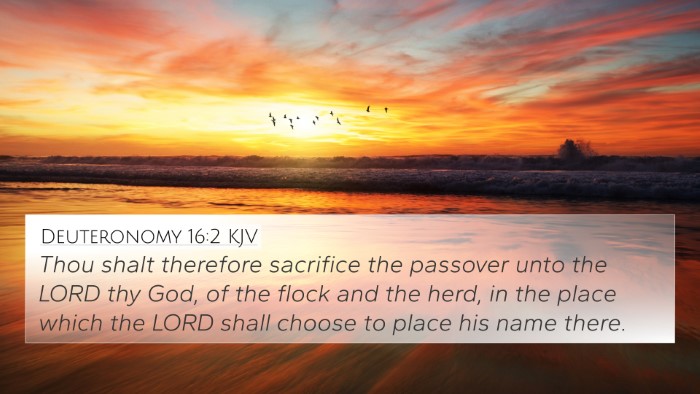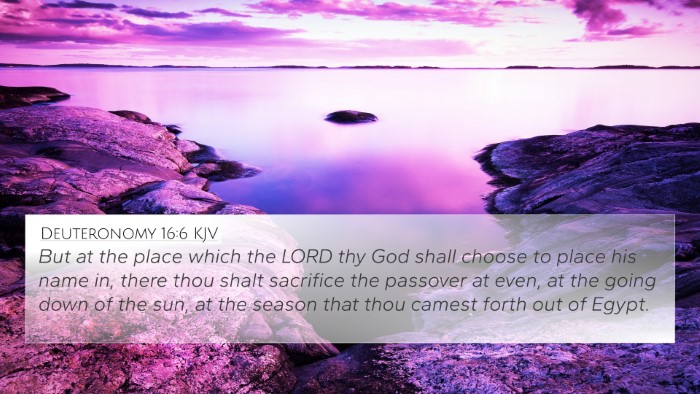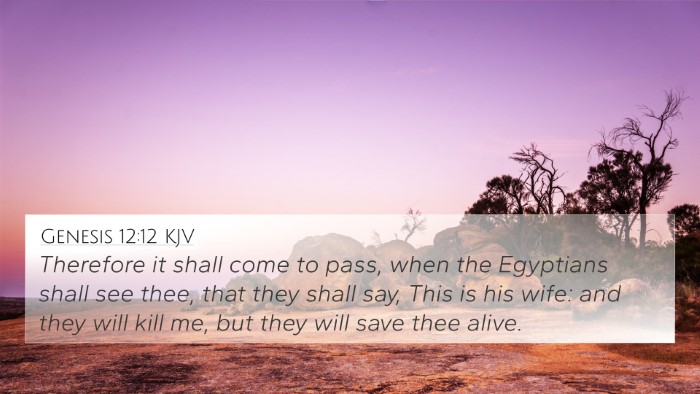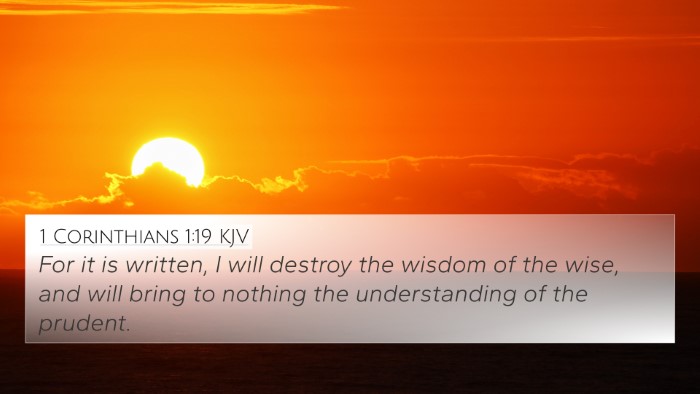Understanding 1 Kings 12:27
Bible Verse: 1 Kings 12:27 - "If this people go up to do sacrifice in the house of the LORD at Jerusalem, then shall the heart of this people turn again unto their lord, even unto Rehoboam king of Judah; and they shall kill me, and go again to Rehoboam king of Judah."
Overview
This verse comes from a critical juncture in Israel's history following the reign of King Solomon. The context involves Jeroboam, who fears losing his kingdom if the people return to Jerusalem to worship, as it was the traditional center for religious observance. His concern leads him to consider alternate forms of worship.
Commentary Insights
Matthew Henry's Commentary
Matthew Henry emphasizes the political and spiritual implications of Jeroboam’s fear. He highlights how the king's thoughts reveal a priority on maintaining political power over spiritual fidelity. This reflects a common human tendency to prioritize self-preservation over obedience to God.
Albert Barnes' Notes
Albert Barnes offers a detailed analysis, noting that Jeroboam’s decision to create alternative places of worship was a direct affront to God’s command. He illustrates how this decision ultimately leads to division and idolatry within the nation of Israel, marking the beginning of a decline in faithfulness to God's covenant.
Adam Clarke's Commentary
Adam Clarke focuses on the nuances of the term 'heart' in this scripture. He suggests it represents the loyalty of the people, pointing out the dangers of leading them away from true worship. Clarke raises the question of leadership responsibility and how poor choices can lead the masses into spiritual decay.
Thematic Connections
The verse speaks to numerous themes prevalent throughout the Bible, particularly those regarding leadership, faithfulness, idolatry, and the consequences of deviating from God’s commands. Analyzing this verse through cross-references can enrich one’s understanding:
- 1 Kings 12:28-30: Jeroboam's establishment of calf worship as an alternative to Jerusalem’s worship.
- Exodus 20:4-5: God's commandment against having graven images.
- 2 Chronicles 11:13-15: The priests and Levites who left their cities to join Judah.
- Jeremiah 2:13: The danger of forsaking the fountain of living waters.
- Matthew 15:8-9: Jesus quoting Isaiah about worshiping in vain.
- Romans 1:25: Exchanging the truth of God for a lie.
- 1 Peter 5:8-9: The vigilance required against spiritual deception.
Cross-Referencing Biblical Texts
Understanding the connections between Bible verses helps to reveal deeper messages and thematic correspondences. For instance, the concern of a ruler sacrificing spiritual fidelity for political stability is found throughout scripture:
- 1 Samuel 15:22: God desires obedience over sacrifice.
- Proverbs 14:34: Righteousness exalts a nation, but sin is a reproach to any people.
- Hosea 8:4: The appointing of kings without consulting God.
Application for Today
This verse serves as a poignant reminder about the importance of maintaining proper worship and fidelity to God's commands. It illustrates the dire consequences that can arise when leaders prioritize their security over divine instruction, reflecting a timeless lesson for today’s individuals and communities.
Conclusion
1 Kings 12:27 encapsulates the tension between political ambition and spiritual purity. Through thorough cross-referencing and comparative analysis of related scriptures, one can gain a more comprehensive understanding of the pitfalls that await when one strays from the path laid by God. Whether for personal study or sermon preparation, employing tools for Bible cross-referencing can deepen one’s engagement with the text.
References for Further Study:
- Bible concordance for thematic studies.
- Tools for Bible cross-referencing to explore inter-Biblical dialogues.
- Comparative Bible verse analysis resources.
